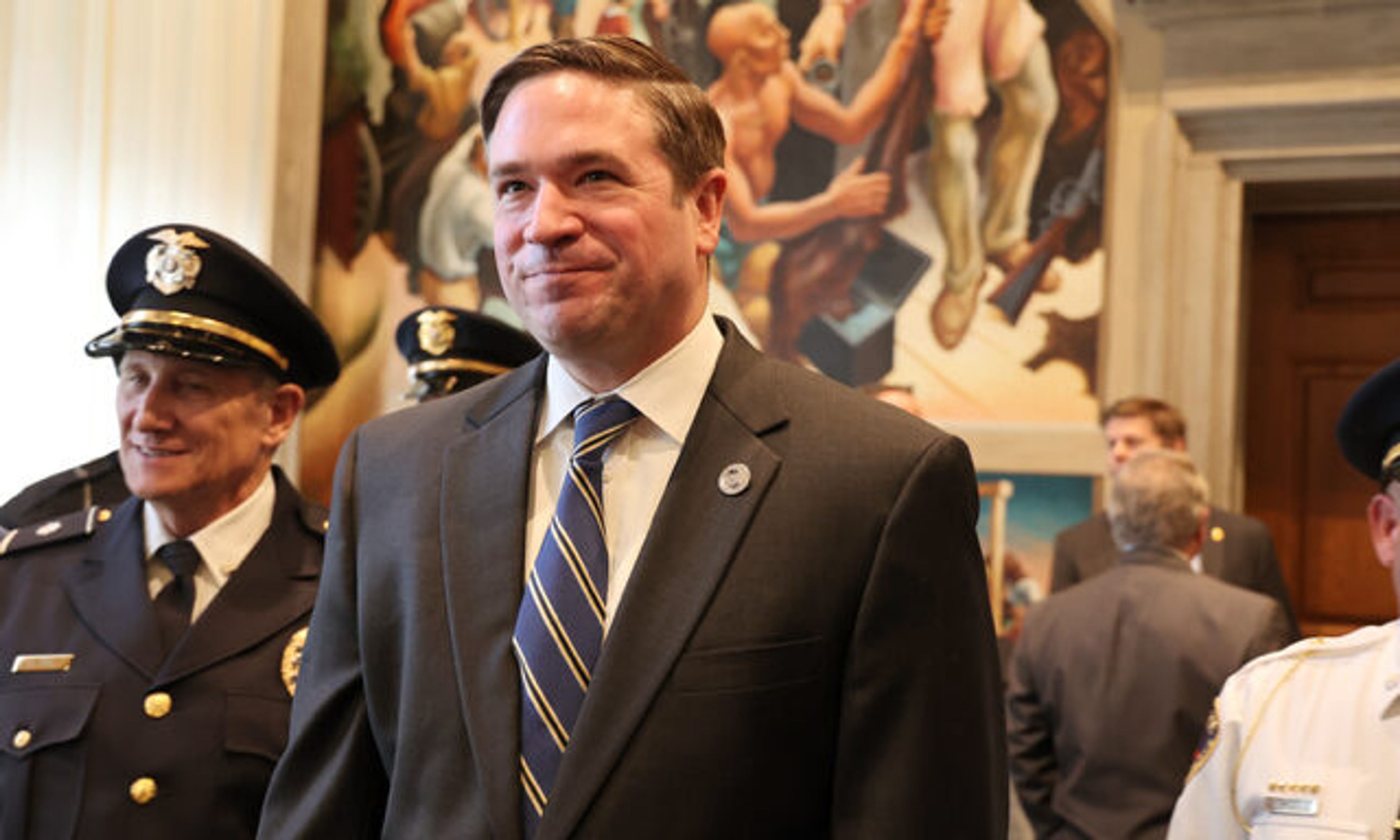Anti-tax mood discounted by proponents of tobacco levy
JEFFERSON CITY, Mo. -- Chief among the messages taken from the resounding defeat of a half-billion dollar transportation package last month was that Missourians are in no mood for a tax increase. However, supporters of a $342 million tax proposal on the Nov. 5 ballot are undaunted by the apparent anti-tax sentiment. Since only smokers would pay the tax and most Missourians don't smoke, proponents are not anticipating the same level of resistance that a general tax increase would face...
JEFFERSON CITY, Mo. -- Chief among the messages taken from the resounding defeat of a half-billion dollar transportation package last month was that Missourians are in no mood for a tax increase.
However, supporters of a $342 million tax proposal on the Nov. 5 ballot are undaunted by the apparent anti-tax sentiment. Since only smokers would pay the tax and most Missourians don't smoke, proponents are not anticipating the same level of resistance that a general tax increase would face.
"It is a user fee designed to make sure the general taxpayer is not being burdened with the cost of smoking-related illnesses," said Brad Ketcher, a spokesman for the group sponsoring the measure.
However, an opponent of the tobacco proposal, which would be among the biggest tax increases in state history, said it is naive to believe non-smokers wouldn't be negatively impacted.
"Fundamentally, we are against a $342 million tax increase that benefits big business, expands welfare and expands Missouri's already bloated $19 billion state budget," said Ron Leone, executive director of the Missouri Petroleum Marketers and Convenience Store Association.
Citizens for a Healthy Missouri, a coalition of health-care groups and professionals, launched the initiative petition drive to put the issue, known as Proposition A, on the ballot. Secretary of State Matt Blunt rejected the measure, saying the effort fell short of receiving the minimum number of valid signatures. However, a judge last week ordered the proposition on the ballot, ruling that some signatures were erroneously invalidated.
The measure calls for adding 55 cents to the state's existing 17-cent tax on a pack of cigarettes -- a 309 percent increase. An additional 20 percent levy would be imposed on other tobacco products.
Though most of the revenue would be earmarked for health-care programs and services, only 7 percent, or $24 million, would go directly programs related to smoking cessation and prevention.
The remainder would go for Medicare reimbursement, life sciences research, other health-care programs and early childhood education.
Ketcher said smoking-related illnesses are a drain on overall health-care funding in Missouri. Though the impact is difficult to quantify, Ketcher said sick smokers divert resources that would be spent on other health initiatives.
Ketcher said constitutional provisions related to voter-approved taxes would protect Proposition A revenue from being raided for purposes other than those enumerated in the measure.
"It would be very difficult for the governor and the legislature to change that earmarking," Ketcher said. "I'm confident the money would be spent exactly as intended."
In addition to improving health-care funding, Ketcher said a significant boost in cigarette taxes would also provide an incentive for smokers to quit and deter teenagers from picking up the habit.
Leone said it is flawed logic and bad public policy to fund new programs with a tax supporters hope fewer people will be willing to pay. While some smokers would undoubtedly quit rather than pay higher taxes, Leone predicts others will get their cigarettes elsewhere, such as via the Internet or through the black market, and avoid the tax altogether.
Missouri last increased cigarette taxes in 1994 with a 4-cent increase. According to the Department of Revenue, Missouri collected $97.3 million from tobacco taxes during the 2002 fiscal year, a 2.2 percent decline from the previous year.
Leone further criticized Proposition A as being bankrolled by those stand to gain financially from it.
"The vast majority of the Proposition A taxes would go back to hospitals, physicians, drug companies and health management organizations," Leone said.
Citizens for a Healthy Missouri have already raised more than $2 million for the passage of Proposition A. Ketcher said the group planned a campaign costing "well in excess" of that amount.
(573) 635-4608
Connect with the Southeast Missourian Newsroom:
For corrections to this story or other insights for the editor, click here. To submit a letter to the editor, click here. To learn about the Southeast Missourian’s AI Policy, click here.








